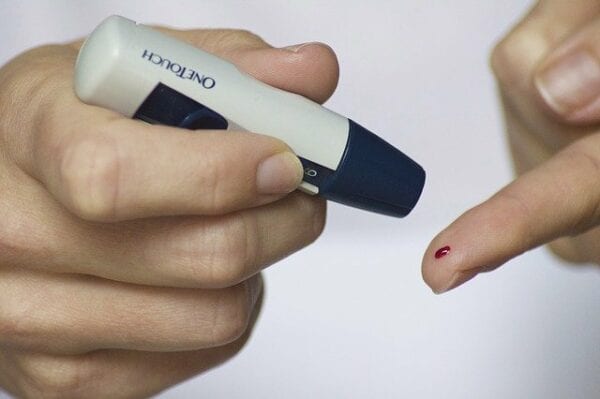Working with geriatric patients and providers in primary care, I definitely have to stay up to date with regards to diabetes therapy. There have been a couple of diabetes updates in 2020 that I wanted to make sure you were aware of.
The SGLT2 inhibitors is a class of medication that is undergoing a lot of research and clinical trials. There has been previous evidence of their benefit in reducing the risk of cardiovascular events. If you remember their mechanism of action, these drugs have a mild diuretic type effect. Earlier this year, the FDA approved another indication for an SGLT2 inhibitor besides diabetes.
The FDA approved the use of dapagliflozin (Farxiga) in patients with heart failure. It is important to remember that this is only for reduced ejection fraction heart failure and not for patients with preserved ejection fraction. It received approval in patients in NYHA stages 2-4. I would anticipate seeing these agents more often in patients with a dual diagnosis of heart failure and diabetes and possibly in patients with heart failure alone as cardiologists become more comfortable with the agent.
In addition to dapagliflozin, empagliflozin has also received press regarding use in heart failure in patients with or WITHOUT diabetes. Barring any negative information, I strongly suspect a significant increase in the use of these agents in both diabetes and heart failure. I have no conflicts of interest regarding this opinion. Here’s more information on that press release. Also, here’s a further breakdown of SGLT2 inhibitors if you need a refresher.
One other development that I noticed was with the GLP-1 Agonists. Dulaglutide (Trulicity) received approval for two more (higher doses). Current dosages now include 0.5mg, 1.5mg, 3mg, and 4.5mg. The 3 mg and 4.5 mg doses are the new ones.
I would classify this as less clinically significant than the dapagliflozin approval in heart failure, but it is always nice to have more options than less. There is some question as to whether pushing the dose to 3 mg or 4.5 mg will give you that much better control. The effects were modest in my opinion, but it might be advantageous for some patients. Here’s a refresher on the GLP-1 agonist class. Also, recall that Rybelsus was approved as the first oral GLP agonist in 2019.
What other diabetes updates in 2020 have you been paying attention to?



Thank you for your updates.
I read it somewhere as well but yours actually summarized everything. Thanks for the updates